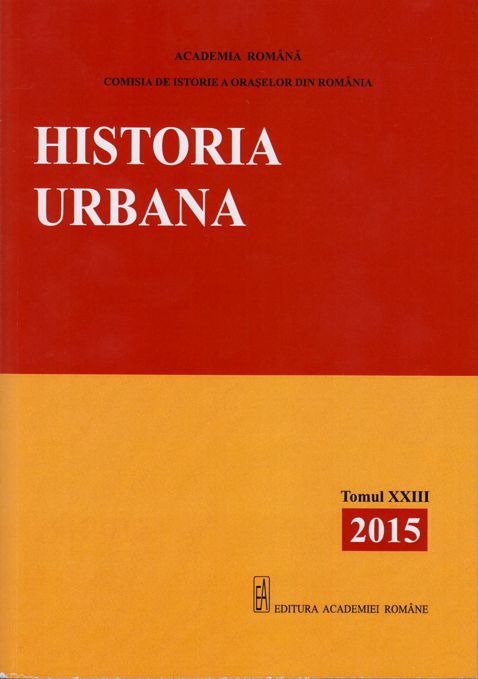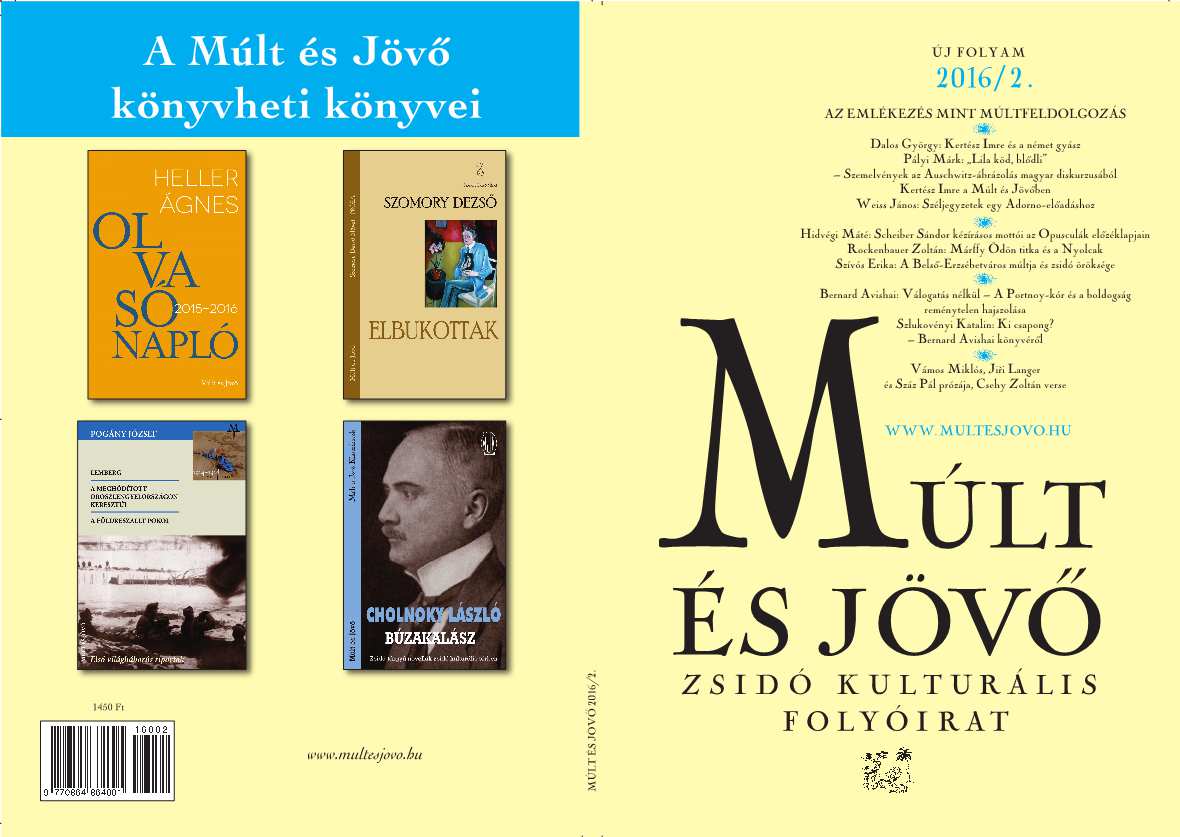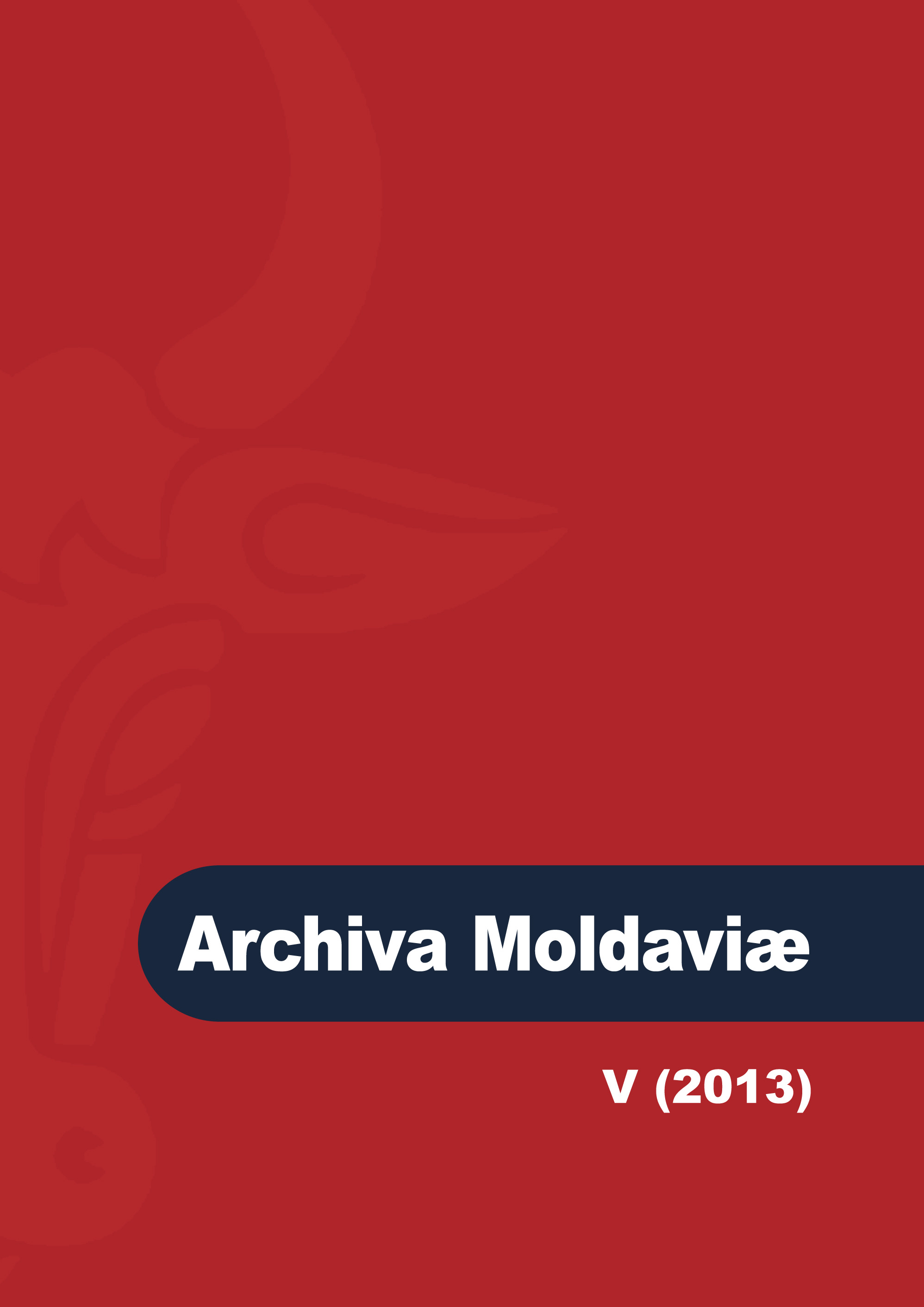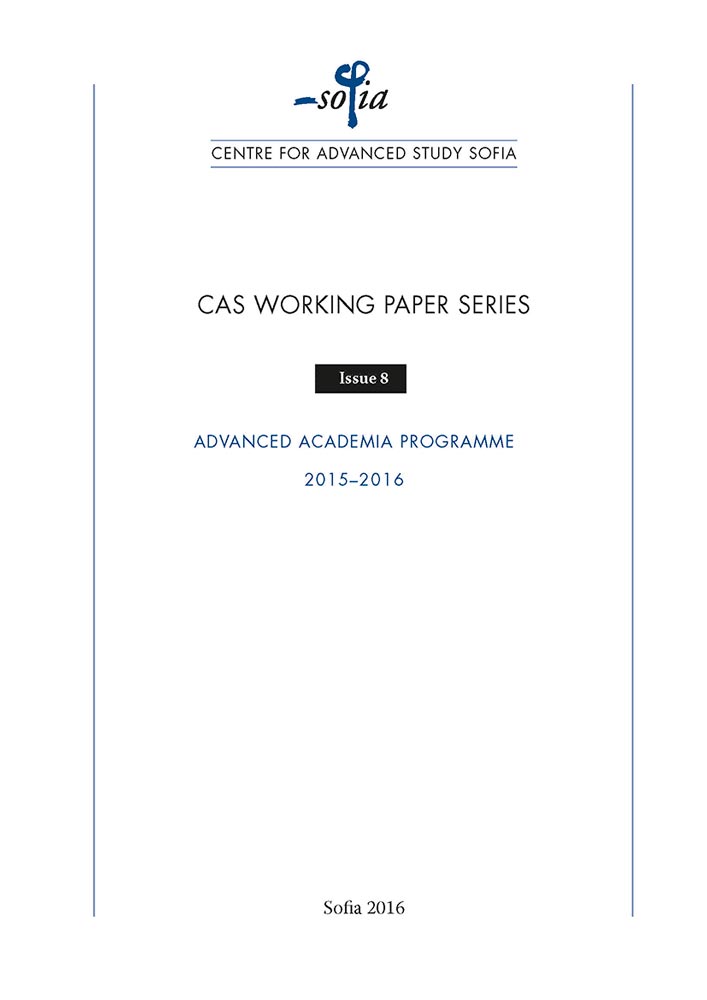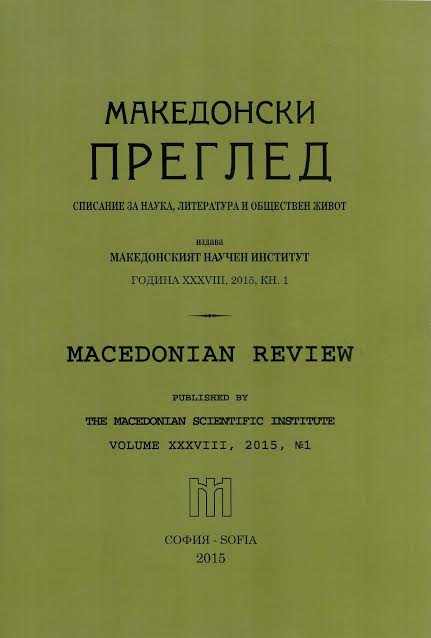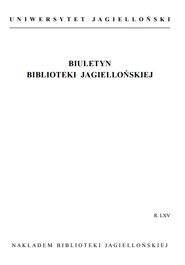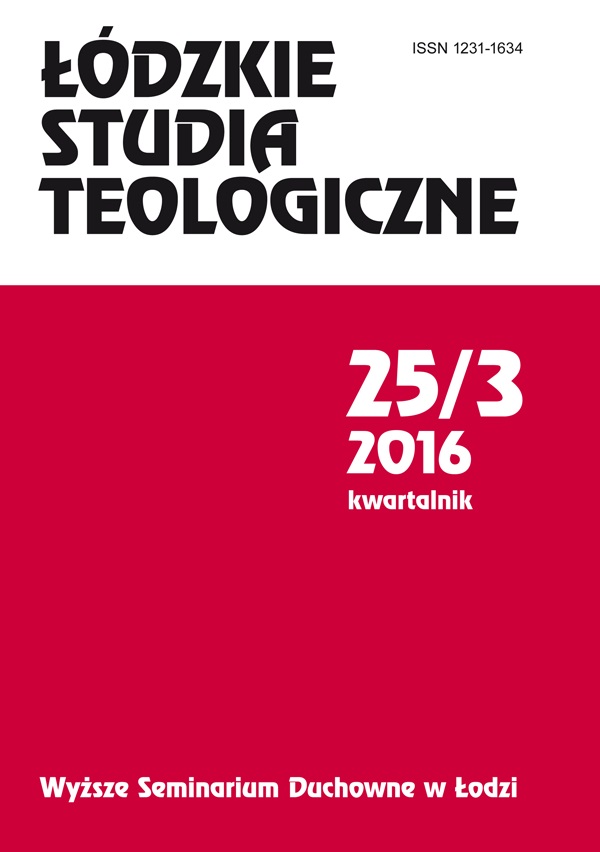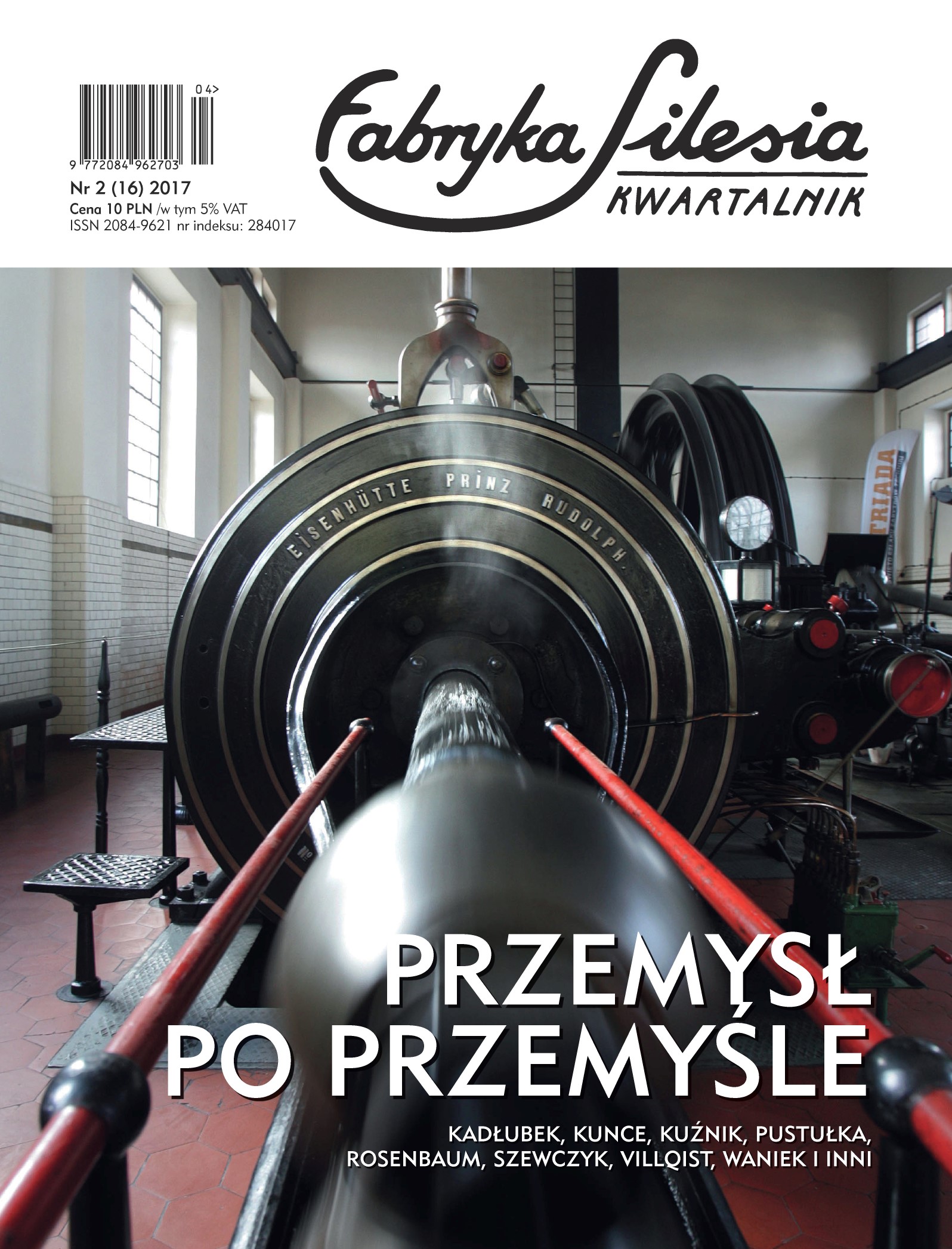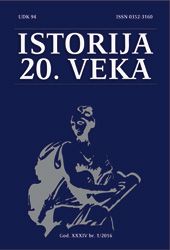
RAZVOJ OTORINOLARINGOLOGIJE U SRBIJI
This work explores and reassesses important dates and events in the development of Otorhinolaryngology in Serbia. In the light of new research and gathered data, some of the widely accepted hypothesis on the founding the first Ear, Throat and Nose Department have been changed. The genesis of the first department and its transformation first into a subject and then into a department once again was given according to new archival research. The research on the establishment of the Ear, Nose and Throat Clinic is especially interesting, since there are three different founding years mentioned and until now, it hasn’t been precisely determined which one of those is the right one. Based on many sources, archives and extensive literature, authors have tried to determine the basic facts on the development of Ear, Throat and Nose in the Kingdom of Serbia, Kingdom of Yugoslavia, SFRY and Republic of Serbia.
More...
